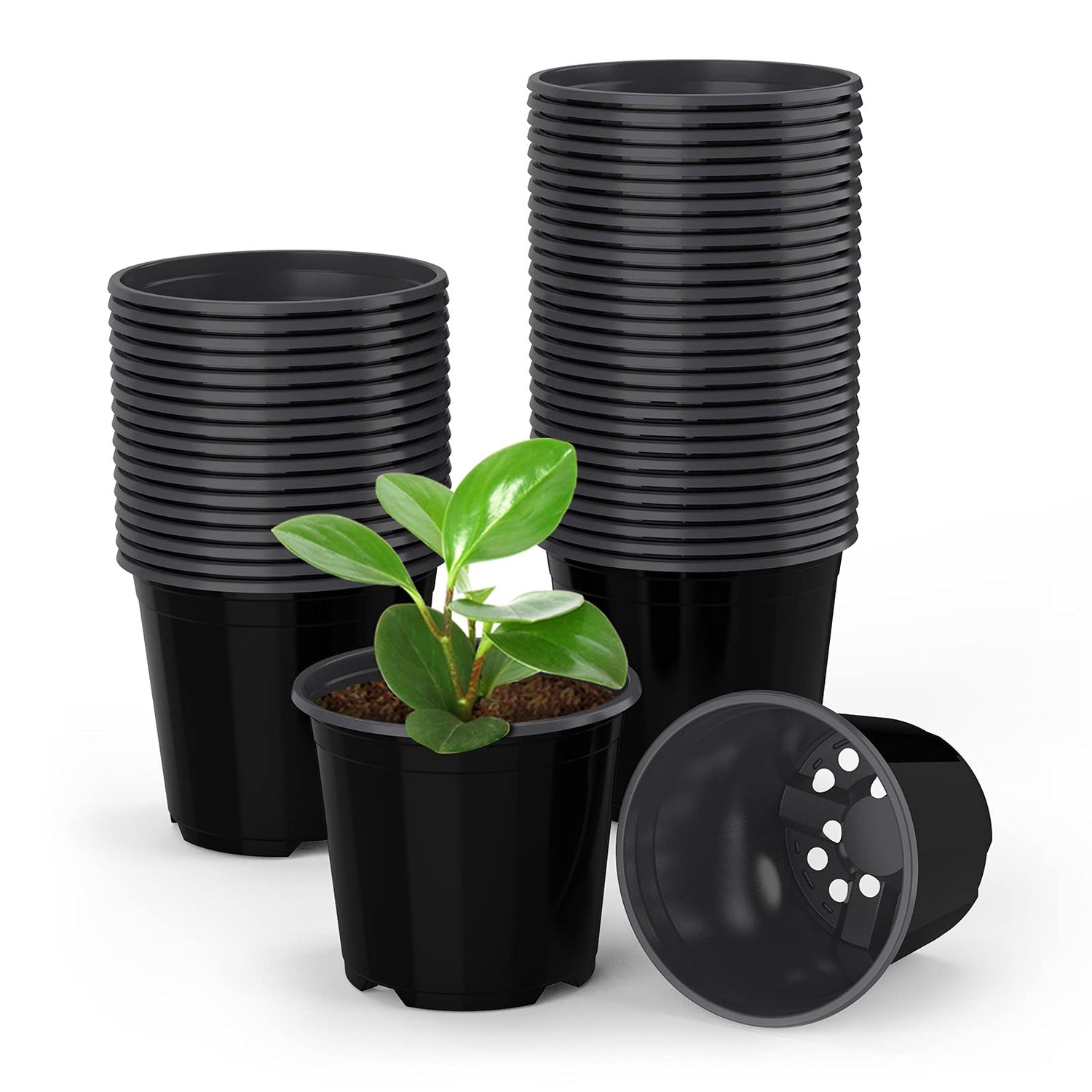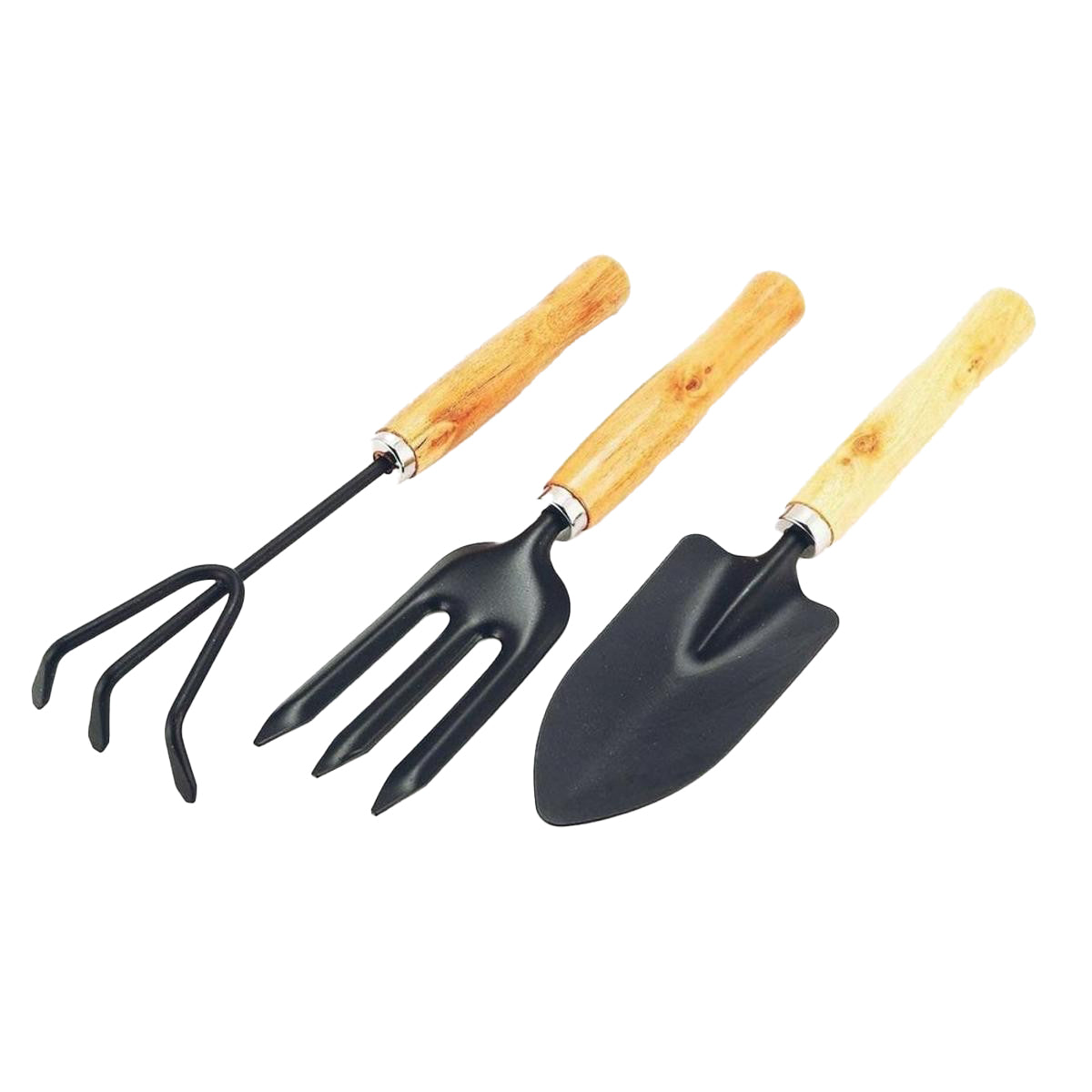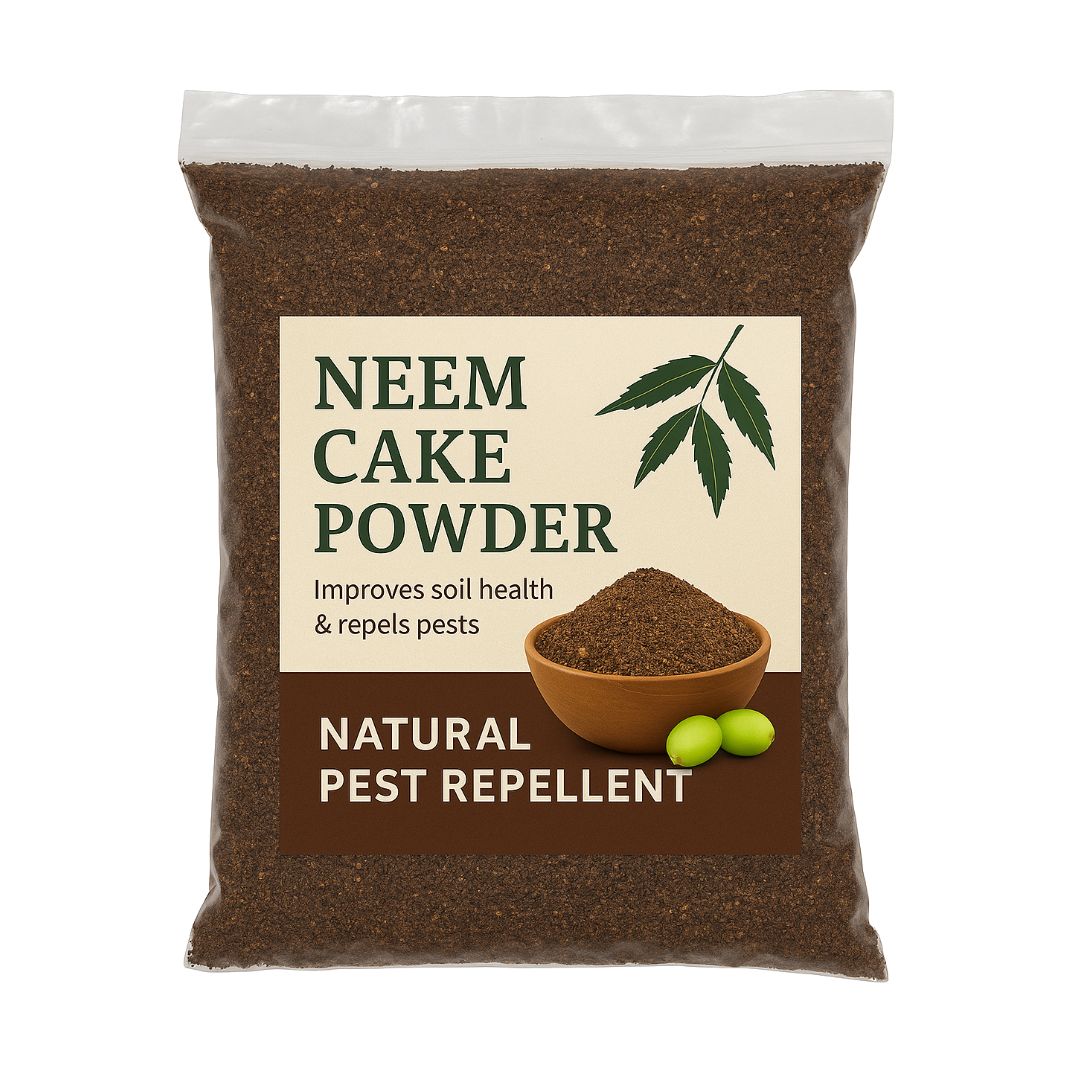
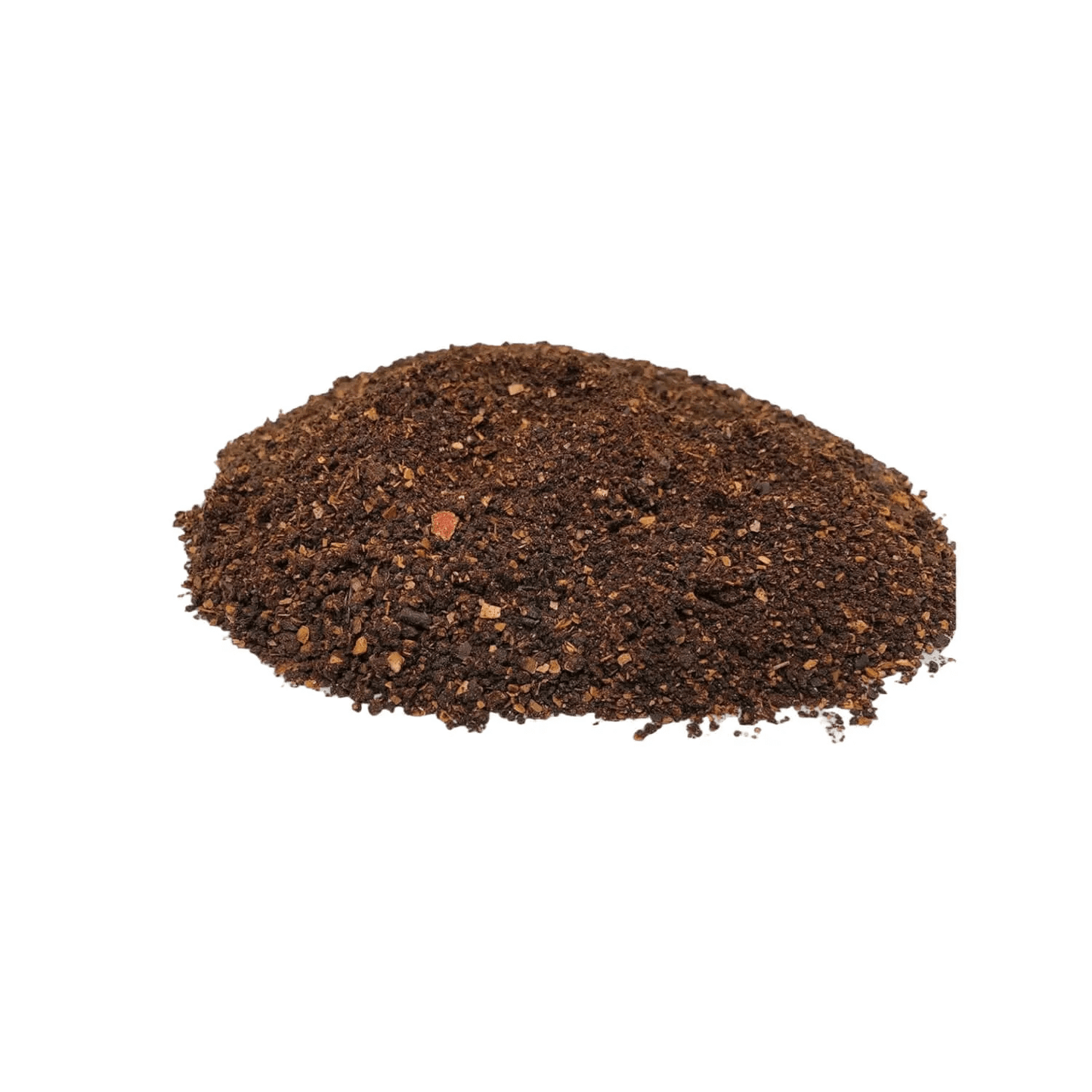
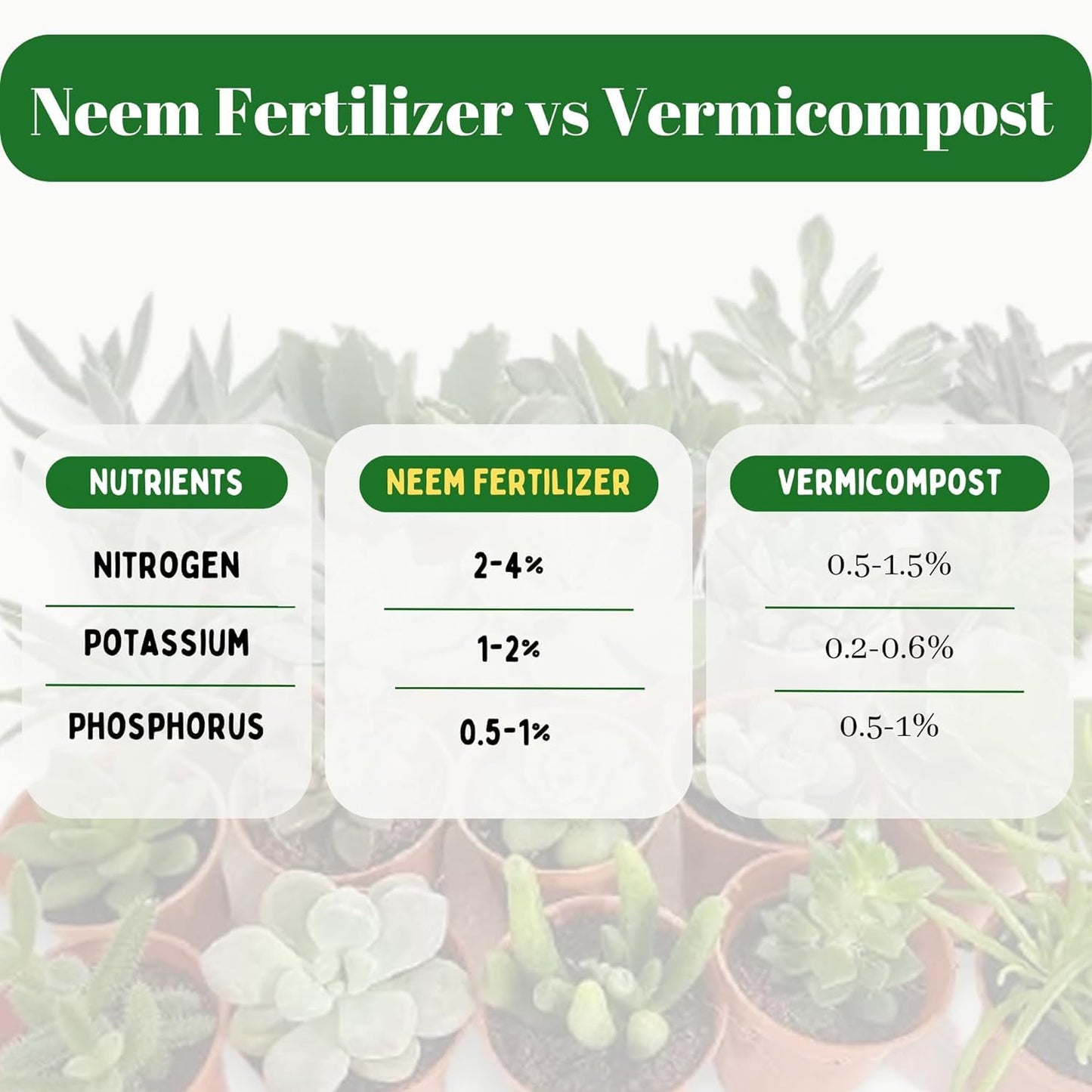
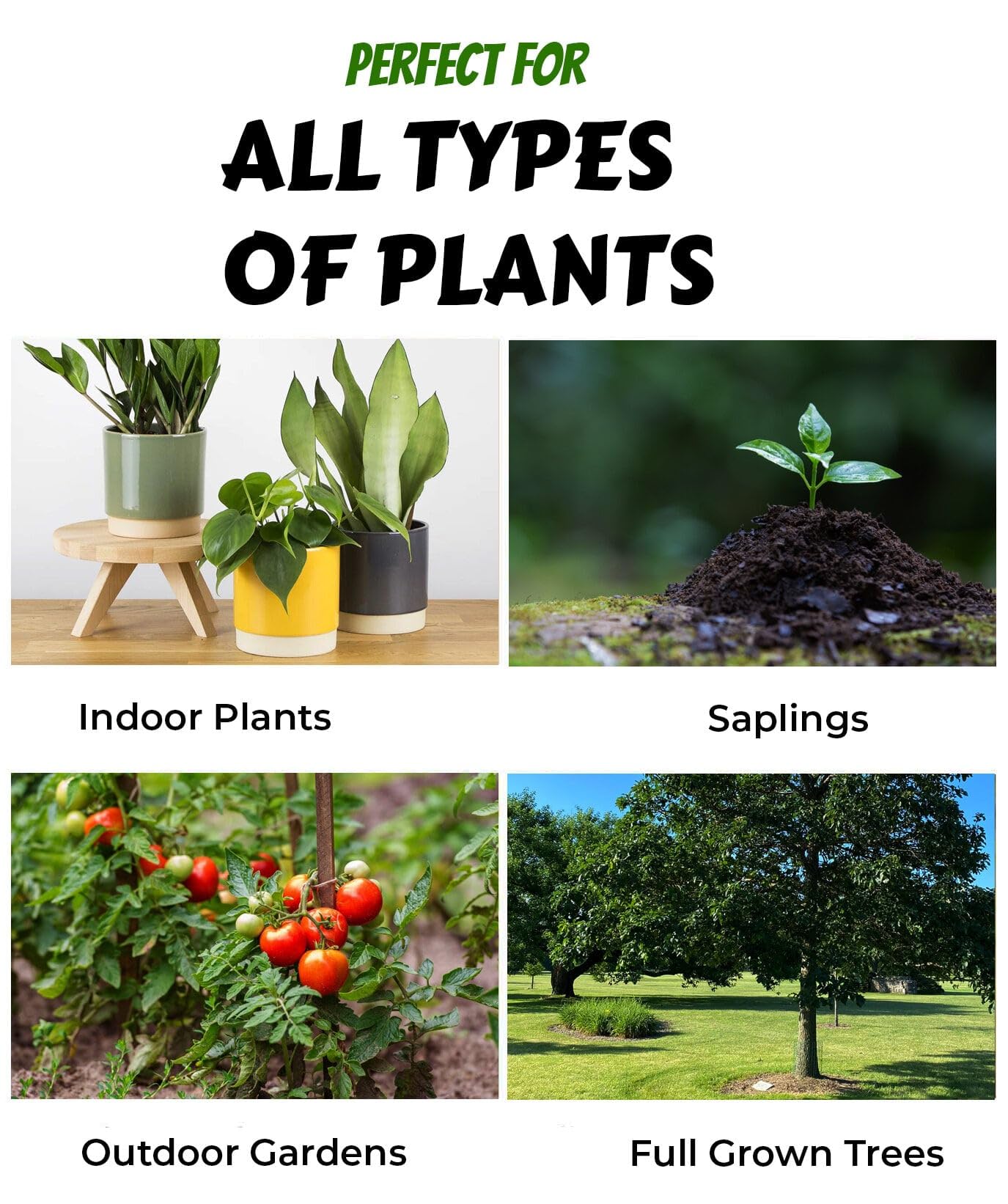
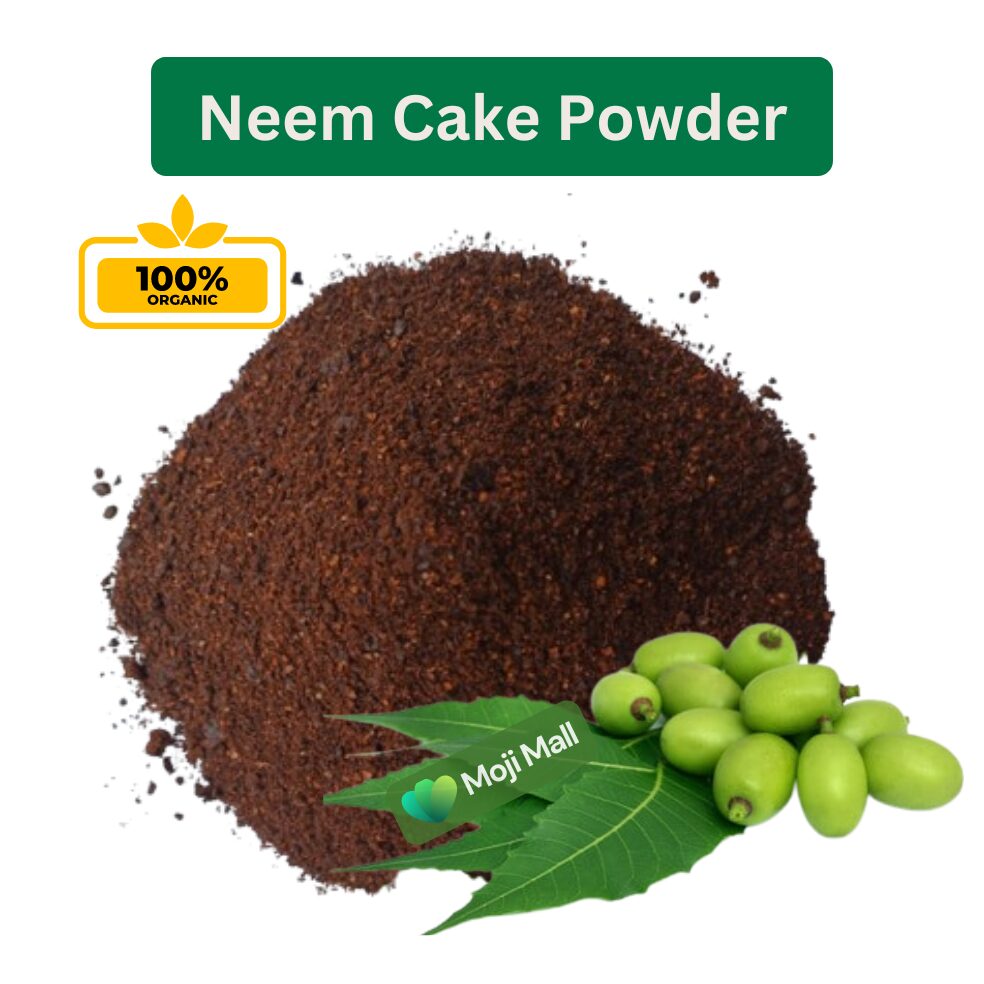
Neem Cake Powder for Plants – Organic Fertilizer & Blocks Soil Pests Naturally
Neem Cake Powder (نیم کھلی پاؤڈر) enriches soil with organic nutrition while naturally protecting roots from soil pests and fungal problems. It keeps vegetables, fruit trees, herbs, and flowers healthy by building strong roots and improving long-term soil fertility.
Key Benefits
- Fine Texture – Powder mixes smoothly into soil or compost
- Balanced Nutrition – Organic NPK with extra minerals for strong roots
- Pest Protection – Controls nematodes, root maggots, and soil fungus
- Safe for Edibles – Pure neem, chemical-free, safe for vegetables and fruit trees
- Soil Health – Improves fertility and supports earthworms and microbes
How to Use
Top Dressing (Pots & Beds)
- Use 1–2 tablespoons per 10–12 inch pot
- Lightly mix into topsoil and water well
- Reapply every 3–4 weeks during growing season
Soil Mixing (Before Planting)
- Mix 100–150g per square meter of bed or soil
- For trees, use 250–500g around the root zone before watering
Liquid Neem Feed
- Soak 1 cup neem powder in 4 liters water for 24 hours
- Strain and pour around plant roots every 3–4 weeks
Best For
- Vegetable plants – e.g. tomatoes, chillies, spinach, okra
- Herbs – like coriander, mint, basil
- Fruit trees – such as guava, citrus, papaya, moringa
- Flower beds & indoor pots – keeps soil rich and roots healthy
- Lawn care – improves soil condition and grass growth
FAQs
What’s the difference between neem cake and neem khali powder?
Neem khali powder is finely ground—easier to mix into soil and perfect for pots, trays, or lawns. Coarse neem cake takes longer to break down.
Does it help with root rot or nematodes?
Absolutely. It blocks common root problems caused by soil insects, maggots, and fungal infections.
How often should I use it?
Reapply every 4–6 weeks for maintenance, or mix into soil before planting as a natural fertilizer and pest shield.
Can I combine it with other fertilizers?
Yes! It pairs well with vermicompost or bone meal to enrich soil and support long-term plant growth.









